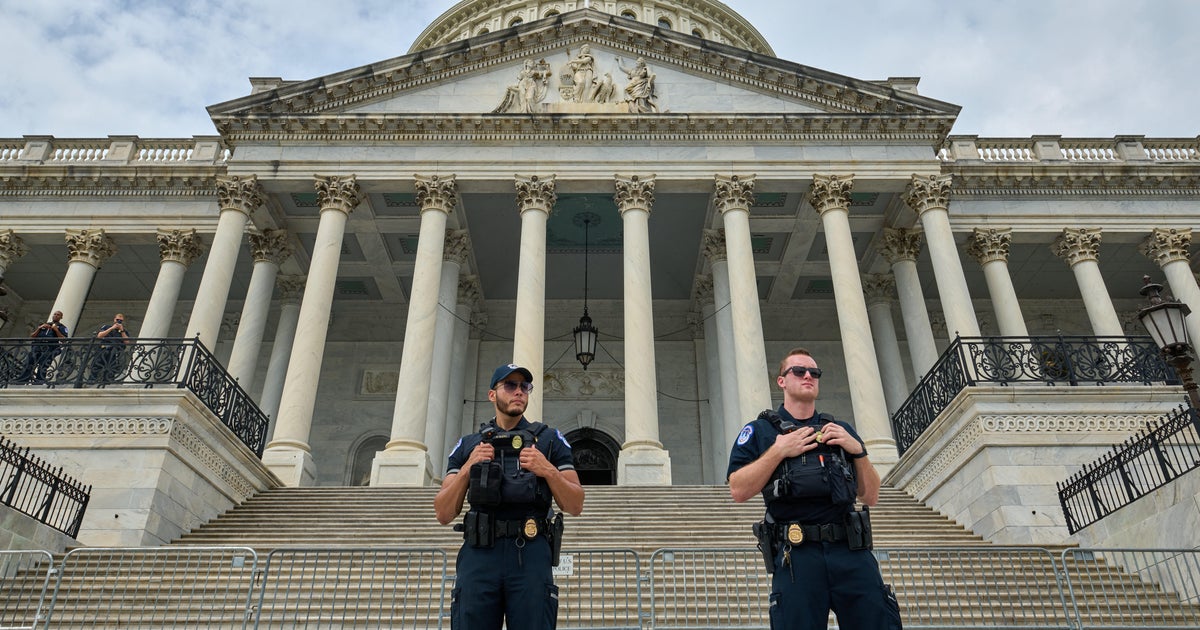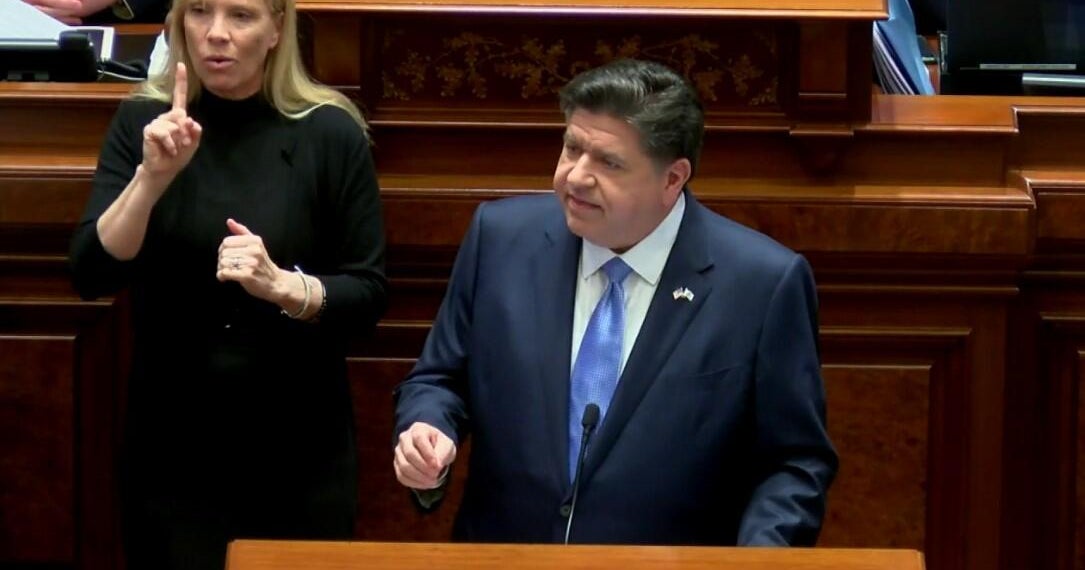Justice Department files argument against AT&T-Time Warner merger
The Justice Department (DOJ) has filed its brief in its appeal of the AT&T-Time Warner merger, arguing that the judge who approved the deal erred in judgement. The appeal comes after U.S. District Court Judge Richard Leon approved the $85 billion acquisition in June.
The DOJ announced it would appeal the approval of the merger July 12. The Trump administration has opposed the merger, trying to block it on the grounds that it hurt media competition in the industry.
The merger brought together one of the nation's largest telecom providers with the media powerhouse that owns the Warner Bros' moving studio as well as cable TV networks like CNN — arguably the president's favorite news outlet to bash.
The government argues in the brief that the court used faulty logic to arrive at the decision to approve the merger. The DOJ claims that, as a result of the merger, consumers will pay "hundreds of millions of dollars a year more for pay-television service, as distributors pass on their higher costs."
"The district court's opinion rested on two fundamental errors: (1) the court discarded the economics of bargaining that defendants themselves had endorsed in prior regulatory proceedings, and (2) it disregarded the foundational principle that a corporation with multiple divisions operates them to maximize the corporation's overall profits," Makan Delrahim, assistant attorney general for the DOJ's Antitrust Division, said in a statement. "The lower court's errors colored its view of the facts, leading to a decision that is simply wrong in light of the evidence the government presented at trial."
The government says the outcome of the appeal "will shape the future of the media and telecommunications industries for years to come."
"This appeal arises from the first vertical merger case the United States has needed to litigate to judgement in four decades, a fact that reflects the government's high standard for bringing such actions and the widespread harm this merger will cause," the government argued.
"The outcome of this appeal will shape the future of the media and telecommunications industries for years to come by setting the standard for determining whether industry participants will be permitted to merge into vertically integrated firms that control valuable programming content as well as the means of distributing that content to consumers."



